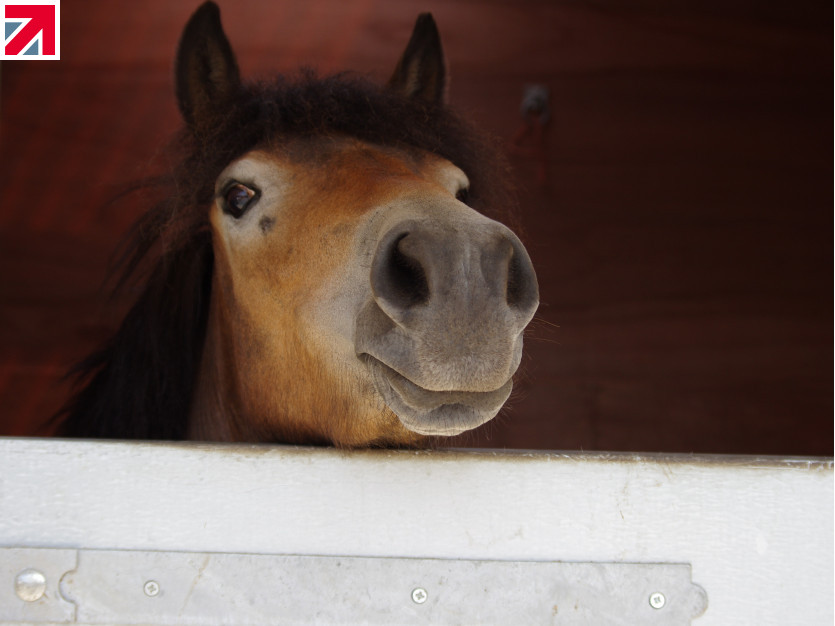The public feeding of horses has been an ongoing issue over the years, but with so many more dog owners and health-conscious people trying to hit their daily step target, it has unfortunately meant a rise in walkers feeding horses. There are countless reports on social media channels on how the public feeding of horses has resulted in serious illness and in some cases, death and it needs to end. Fast.
We take a look at some reasons why we need to keep spreading the word that feeding other peoples’ horses is not okay due to the consequences it may cause.
Let’s set the scene…walkers are out and about enjoying the much-needed fresh air and they come across a field of horses. A picturesque sight. As an act of kindness, walkers offer their picnic scraps and snacks to the horses, after all, one apple won’t do any harm will it? Well, unfortunately, it can. Even food that you may consider fine for a horse to eat can be dangerous.
Horses tend to have a tricky gastrointestinal system. Many foods which you might believe are safe for horses can be lethal if they are over consumed or not prepared properly – they can cause obstructions in the horse’s oesophagus resulting in them chocking to death. Lawn clippings for example, could potentially contain toxic plants, but they are more likely to cause colic or even laminitis because it’s easy for a horse to over consume them. They may also contain mould, especially if the clippings have been sitting for a day or so.
We have witnessed heart breaking stories across social feeds of a foal’s stomach found completely blocked, horses choking on whole potatoes, pasta, sandwiches in tin foil and cling film, and suffering from terrible stomach upsets and complications from vegetables, fruits and other concoctions left in their fields or fed to them by walkers.
Unlike other mammals, horses and ponies do not have a gag reflex. Anything that gets stuck in their throat will stay there, and if something upsets their stomach, they are not able to throw up their meals once digested. Some horses may also be on specialist diets to control health conditions.
Aside from the health risks, unauthorised feeding could cause a horse to lean over the fence and then escape, not to mention biting a passing feeder.
What can you do to help?
If you are not already a follower, the Facebook group “Stop feeding our horses” is trying to attract as many people as possible to contribute ideas that might help spread the word, make sure you check it out to keep abreast of the situation.
If you are a horse owner, particularly one with a paddock near a busy public path, the British Horse Society have some great posters as part of their “be horse aware” campaign that you can print and display to help encourage passers-by to respect the countryside code and not feed the horses.
Countryside Code in the UK urges people to respect the local community, including not interfering with animals. Please share within your network and on your digital and social channels.
Educating people that their kindness may kill is an important step forward. Reminding people that while feeding animals may appear kind, it can cause serious implications for their health and welfare. We must treat our treasured open spaces, and the animals that live on them, with the respect they deserve.
If we are able to help anyone requiring new equine shelter facilities, don’t hesitate to give the Nationals Team a call.
Find out more about National Timber Buildings on their member profile page here
Member-created content 3 years ago | From members
